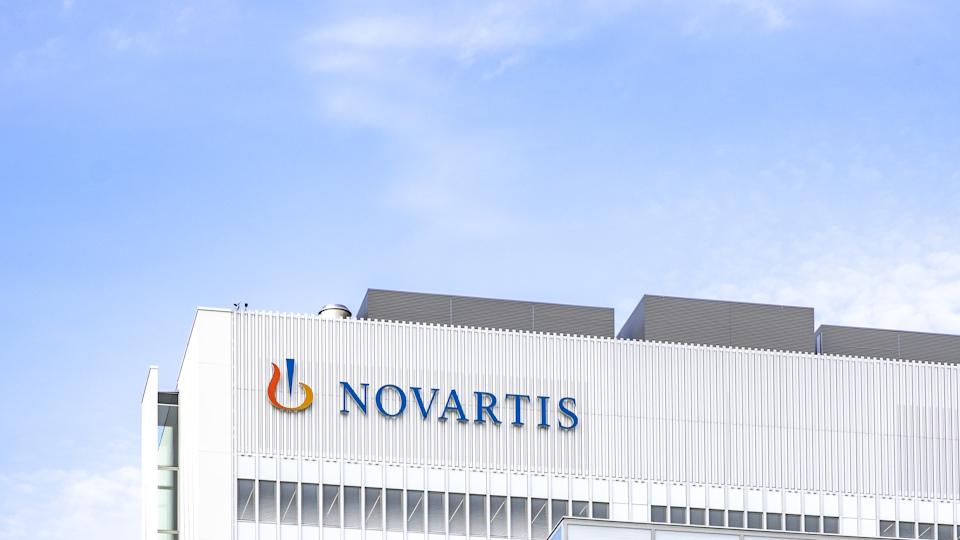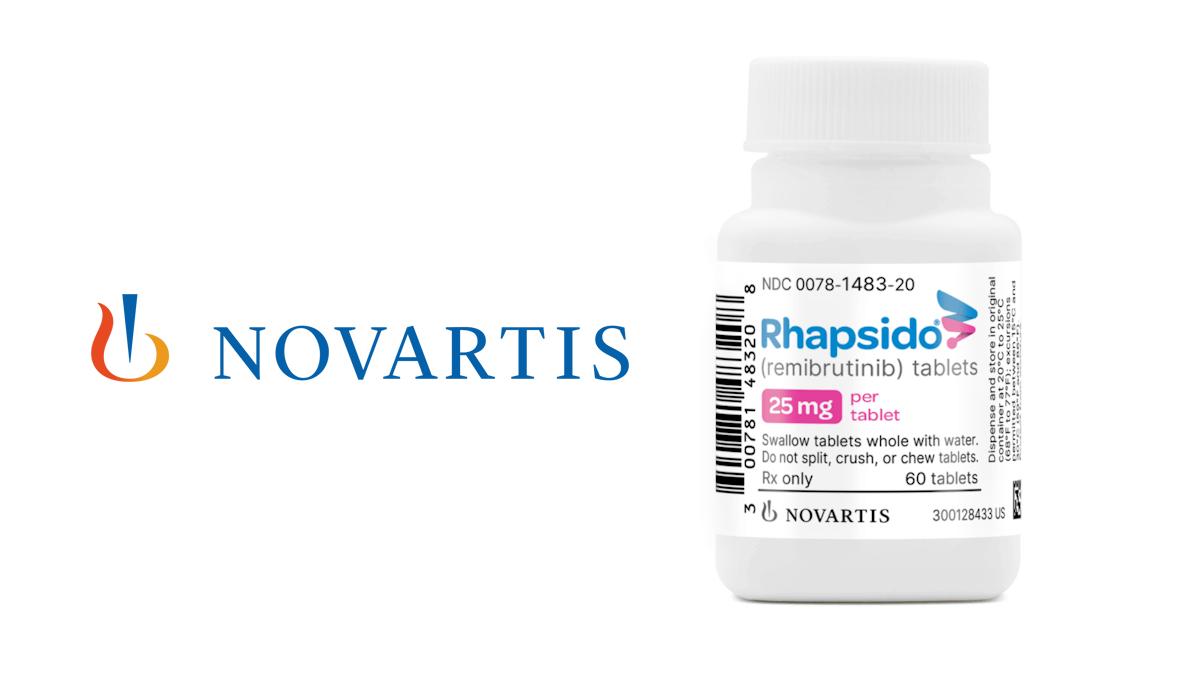Novartis cues up filings for remibrutinib in chronic hives

Novartis is just months away from filing for approval of oral BTK inhibitor remibrutinib as a treatment for chronic spontaneous urticaria – also known as chronic hives – after reporting long-term data from two phase 3 trials.
12-week data from the REMIX-1 and REMIX-2 studies was reported last year, and Novartis now has the results for 52 weeks of follow-up, which it says confirms that the safety and efficacy of the drug in CSU is maintained over that period.
CSU affects around 1% of the global population and in severe cases causes itching and swelling that can last for weeks at a time and resist even very high doses of antihistamines, which are the first-line therapy of choice, but don’t work around 60% of the time.
Novartis estimates that there are around 400,000 people with uncontrolled CSU in the US alone. It is enormously debilitating, with almost two-thirds of patients experiencing mental health disorders, including depression and anxiety.
The phase 3 trials involved patients with CSU who remained symptomatic despite antihistamine treatment, comparing 25mg remibrutinib twice daily to placebo. After 24 weeks, patients in the placebo group were switched to the BTK inhibitor.
At 52 weeks, remibrutinib showed significant improvements in weekly urticaria activity score (UAS7), weekly itch severity score (ISS7), and weekly hive severity score (HSS7), with almost half of patients completely free of itch and hives - a UAS7 score of zero - at the end of the follow-up period.
Novartis’ anti-IgE antibody Xolair (omalizumab) has been a mainstay of treatment for refractory CSU for many years. However, the drug is heading for patent expiry in Europe this year and in the US in 2025, so the company has been looking for a successor for some time.
Its first attempt was a follow-up IgE inhibitor called ligelizumab, which was dropped for CSU, but remains in testing for food allergies – an indication for which Xolair was approved in February by the FDA.
Novartis had been holding off on filing remibrutinib until the 52-week data came in, and has now said it will move ahead with filing the drug for CSU with global regulatory authorities in the second half of this year.
It is also resting remibrutinib in phase 3 trials for chronic inducible urticaria (CINDU) and multiple sclerosis (MS), and in phase 2 for hidradenitis suppurativa (HS) and food allergy.
Analysts have suggested that approval in CSU alone could make it a blockbuster, with sales of more than $1 billion.
It could see competition from Sanofi and Regeneron’s IL-4 and IL-13 inhibitor Dupixent (dupilumab) – already a $12 billion blockbuster in other indications – as well as Sanofi’s rival oral BTK inhibitor rilzabrutinib, which showed promise in a mid-stage trial and is heading for phase 3 trials this year.
Dupixent was rejected by the FDA for CSU last October with a request for more efficacy data, but has been approved for that indication in Japan and is also under review in Europe.













